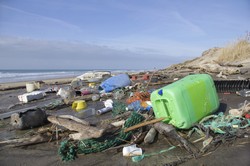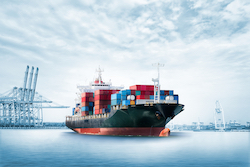Tackling litter in European seas
ML is an increasing threat to the marine environment, and to human health and well-being. Hence, it is crucial to engage citizens to better understand, prevent and reduce it. The EU-funded project MARLISCO(opens in new window) (Marine litter in Europe seas: Social awareness and co-responsibility) was established to raise public awareness, facilitate dialogue and promote accountability amongst all stakeholders in order to encourage sustainable ML management in all European seas. Activities focused on the north-east Atlantic Ocean and the Baltic, Black and Mediterranean Seas. Researchers first produced a report on existing ML monitoring and evaluation approaches in the four marine regions. This helped to determine main concerns for upcoming research agendas and policies to lessen the impact of ML. Project partners then compiled 72 best practice scenarios based on procedures, issues and solutions aimed at reducing ML. These were narrowed down to 11 before being used to prepare a toolkit for decision-making authorities. The MARLISCO Marine Litter Database was an additional means of further disseminating project products and activities. The interactive database was created to collate all the litter data that partners captured during the project as a result of the clean-up activities initiated to raise awareness about the ML issue. The database includes an interactive map interface that enables users to pinpoint the clean-up locations. It also allows users to interrogate the data to access information regarding specific types of waste or specific locations. A guide was developed to offer dialogue and informal working collaborations amongst industry, end users, science and society in 12 European countries. The forum helped members to recognise and deal with obstacles that impede the implementation of good practice and to influence behavioural change. This was achieved through various social surveys applicable to a range of participants, including children, educators and the general public. In addition, a video contest(opens in new window) was held for youth under the age of 18 in 14 European countries. The objective was to get students to consider the issue of ML and to motivate them to propose real solutions. MARLISCO designed novel methods and tools to reach the broadest potential audience on issues and potential solutions for ML. It has therefore contributed to a greater understanding of ML in each of the European regional seas as well as the relationship between science and society, thereby improving Europe's marine environment.





